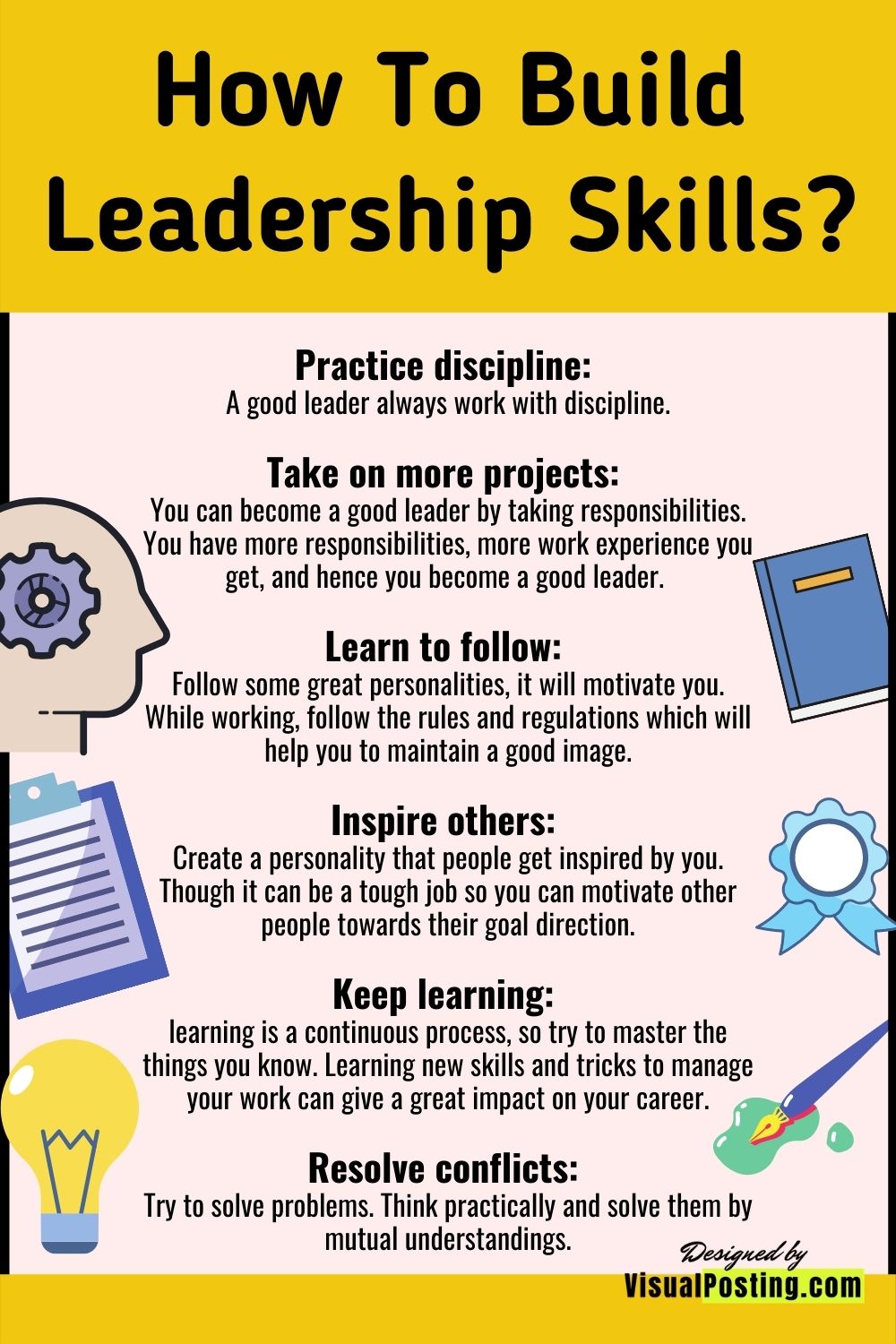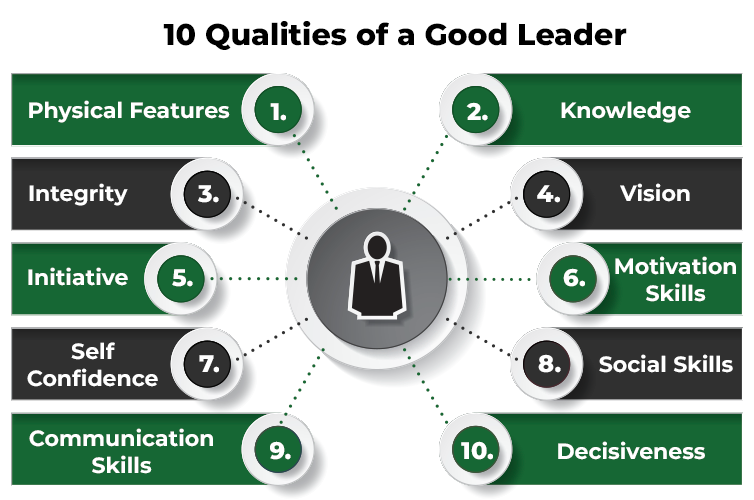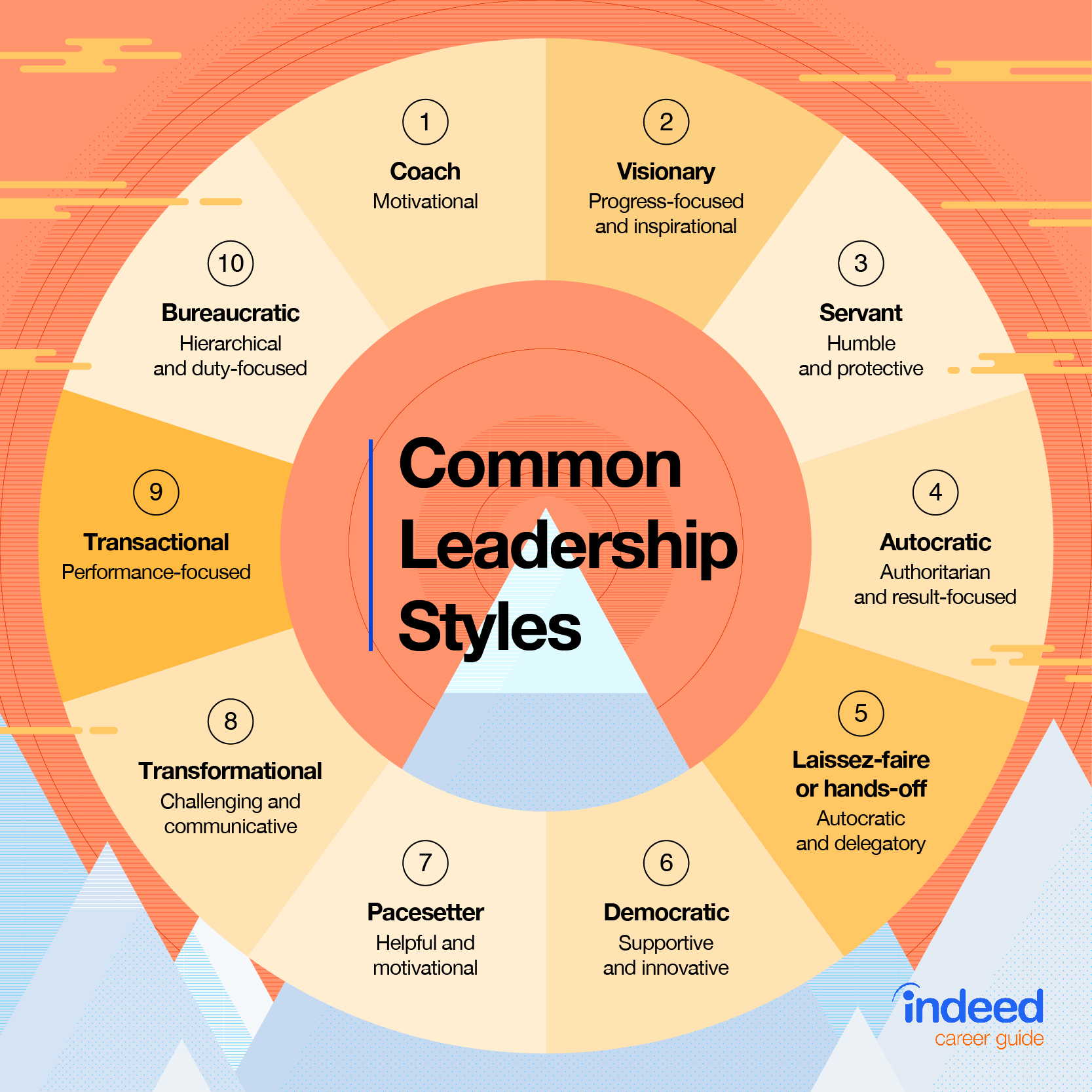How Do You Demonstrate Leadership At Work
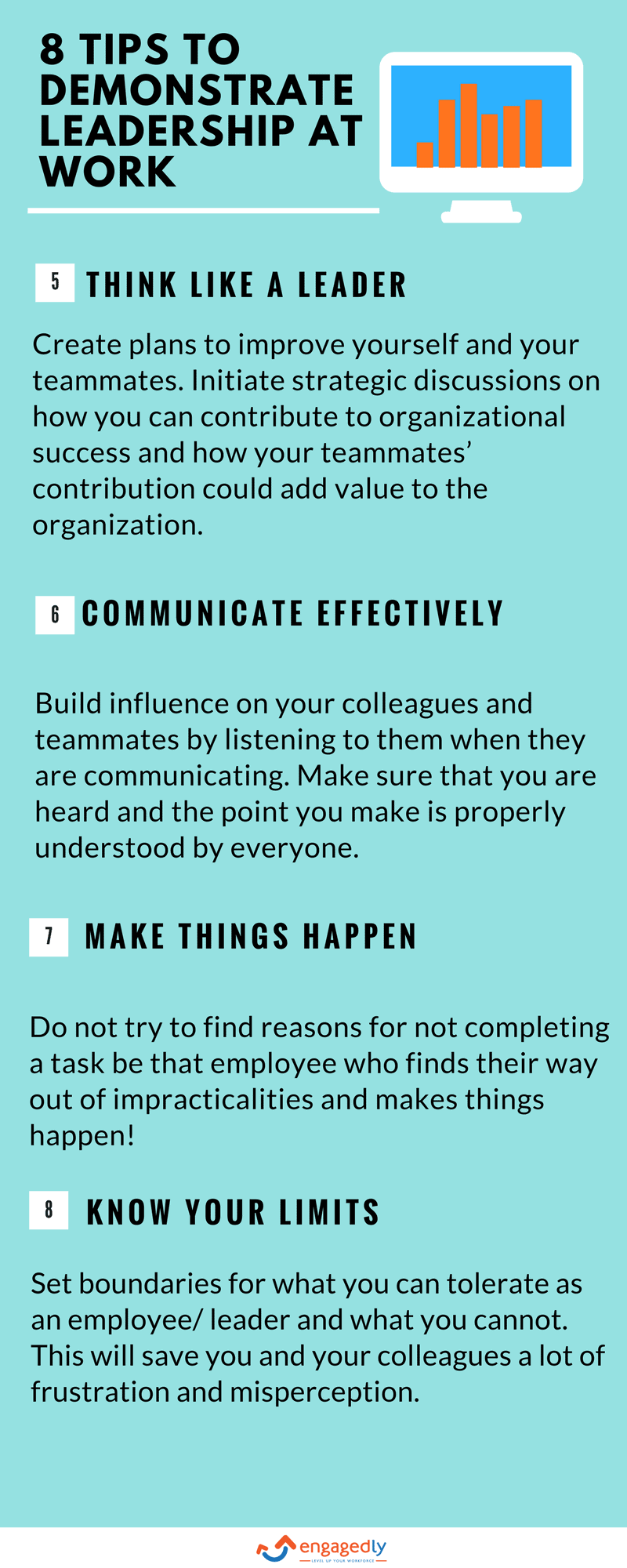
In today's rapidly evolving workplace, the demand for effective leadership transcends hierarchical positions. It's no longer solely the domain of CEOs and managers; leadership qualities are increasingly sought after at all levels. How individuals demonstrate leadership at work shapes team dynamics, project success, and the overall organizational culture.
This article delves into the multifaceted ways individuals can demonstrate leadership, regardless of their role. It examines the critical skills, behaviors, and attitudes that contribute to impactful leadership, drawing upon expert insights and research to provide a comprehensive understanding of this crucial aspect of professional life.
Leading by Example: Integrity and Accountability
One of the most fundamental ways to demonstrate leadership is through integrity. This means consistently adhering to ethical principles and maintaining honesty in all interactions.
Employees who witness leaders acting with integrity are more likely to trust and respect them, fostering a culture of transparency and ethical conduct.
Accountability is another cornerstone of leadership. Taking ownership of one's actions, both successes and failures, sets a strong example for others.
According to a 2023 study by Gallup, employees who feel their leaders hold themselves accountable are 27% more engaged.
Effective Communication: Clarity and Empathy
Communication is paramount to effective leadership. Leaders must be able to articulate their vision clearly and concisely, ensuring everyone understands the goals and expectations.
Beyond clarity, empathy is crucial. Understanding and acknowledging the perspectives and feelings of others fosters stronger relationships and encourages open dialogue.
Active listening is a key component of empathetic communication. It involves paying attention not only to what is being said but also to the underlying emotions and nonverbal cues.
Furthermore, providing constructive feedback is essential. Focusing on specific behaviors and offering actionable suggestions for improvement empowers individuals to grow and develop.
Collaboration and Teamwork: Fostering a Supportive Environment
Leadership involves fostering a collaborative environment where teamwork thrives. This means encouraging individuals to share their ideas, perspectives, and expertise.
Leaders can promote collaboration by creating opportunities for team members to work together on projects, solve problems, and learn from one another.
Recognizing and celebrating team accomplishments is also vital. It reinforces positive behaviors and strengthens team cohesion.
Forbes highlights that when employees feel valued and supported, they are more likely to contribute their best work and remain committed to the organization.
Problem-Solving and Decision-Making: Taking Initiative and Offering Solutions
Demonstrating leadership often involves taking initiative to identify and solve problems. Rather than waiting for instructions, proactive individuals seek out opportunities to improve processes and address challenges.
When faced with a problem, effective leaders analyze the situation, gather relevant information, and consider various solutions before making a decision.
They also encourage others to contribute their ideas and perspectives, fostering a culture of innovation and continuous improvement.
Strong decision-making skills are crucial. This includes weighing the pros and cons of different options, considering the potential impact on stakeholders, and making informed choices that align with the organization's goals.
Mentorship and Development: Investing in Others' Growth
Leadership is about more than just achieving personal success; it's about investing in the growth and development of others. Mentoring and coaching are powerful ways to demonstrate leadership and empower individuals to reach their full potential.
By sharing their knowledge, experience, and insights, leaders can help others develop new skills, overcome challenges, and advance their careers.
Providing opportunities for professional development, such as training programs, conferences, and workshops, also demonstrates a commitment to employee growth.
According to a 2022 report by the Society for Human Resource Management (SHRM), organizations with strong mentorship programs experience higher employee retention rates.
Adaptability and Resilience: Navigating Change and Overcoming Challenges
In today's dynamic business environment, adaptability and resilience are essential leadership qualities. Leaders must be able to navigate change effectively and overcome challenges with grace and determination.
This involves embracing new ideas, technologies, and approaches, and being willing to adjust strategies as needed.
Resilience is the ability to bounce back from setbacks and learn from failures. Leaders who demonstrate resilience inspire others to persevere in the face of adversity.
Furthermore, maintaining a positive attitude and fostering a sense of optimism can help teams navigate difficult situations and emerge stronger.
Looking Ahead: Cultivating Leadership at All Levels
Demonstrating leadership at work is not a one-time event, but an ongoing process of learning, growth, and development. By embracing integrity, communication, collaboration, problem-solving, mentorship, and adaptability, individuals can make a significant impact, regardless of their position.
Organizations that prioritize leadership development at all levels are more likely to attract and retain top talent, foster innovation, and achieve long-term success. By creating a culture that values and encourages leadership, companies can empower their employees to reach their full potential and contribute to a brighter future.




![How Do You Demonstrate Leadership At Work 8 Tips To Demonstrate Leadership At Work [Infographic] | Engagedly](https://engagedly.com/wp-content/uploads/2017/12/Leadership1-410x1024.png)

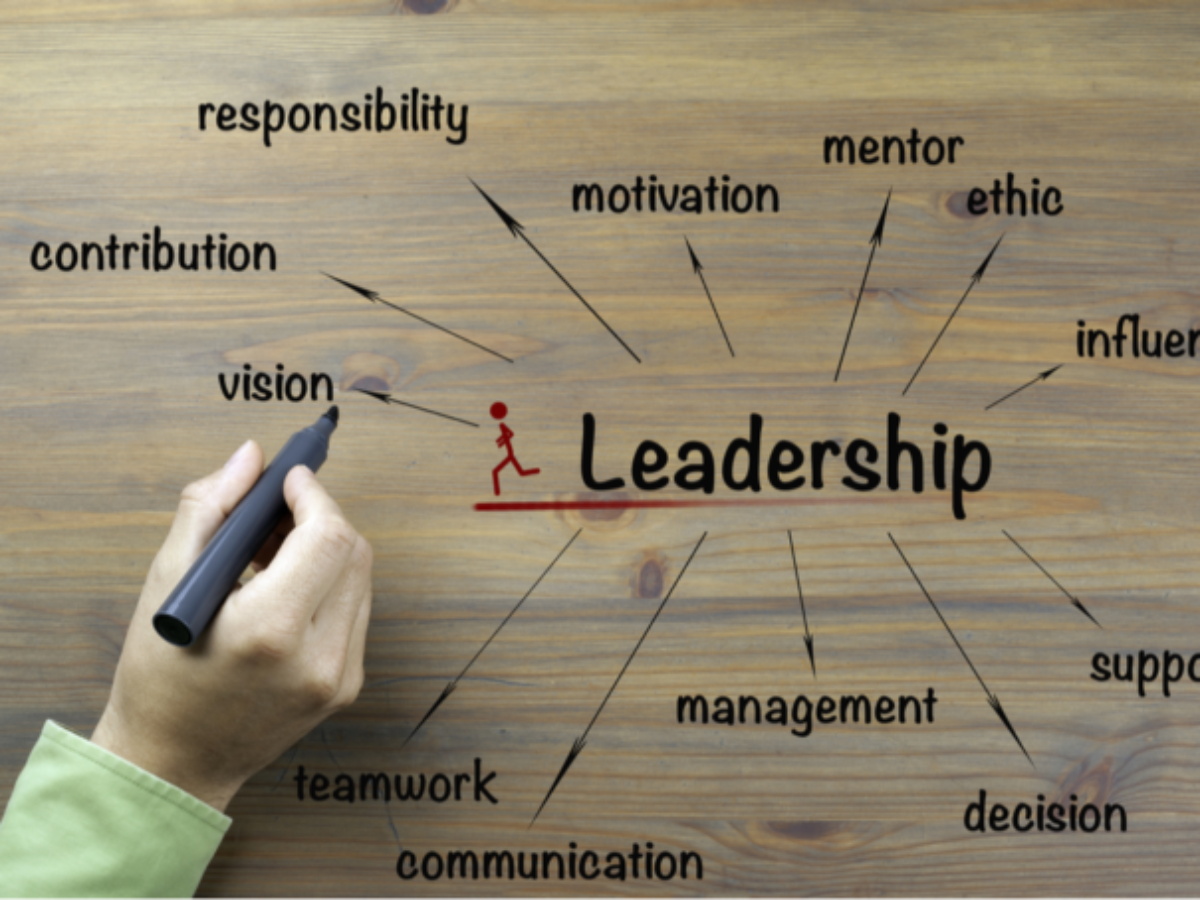

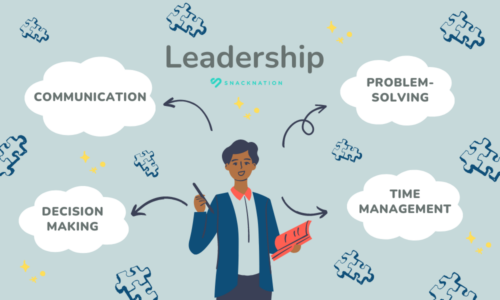
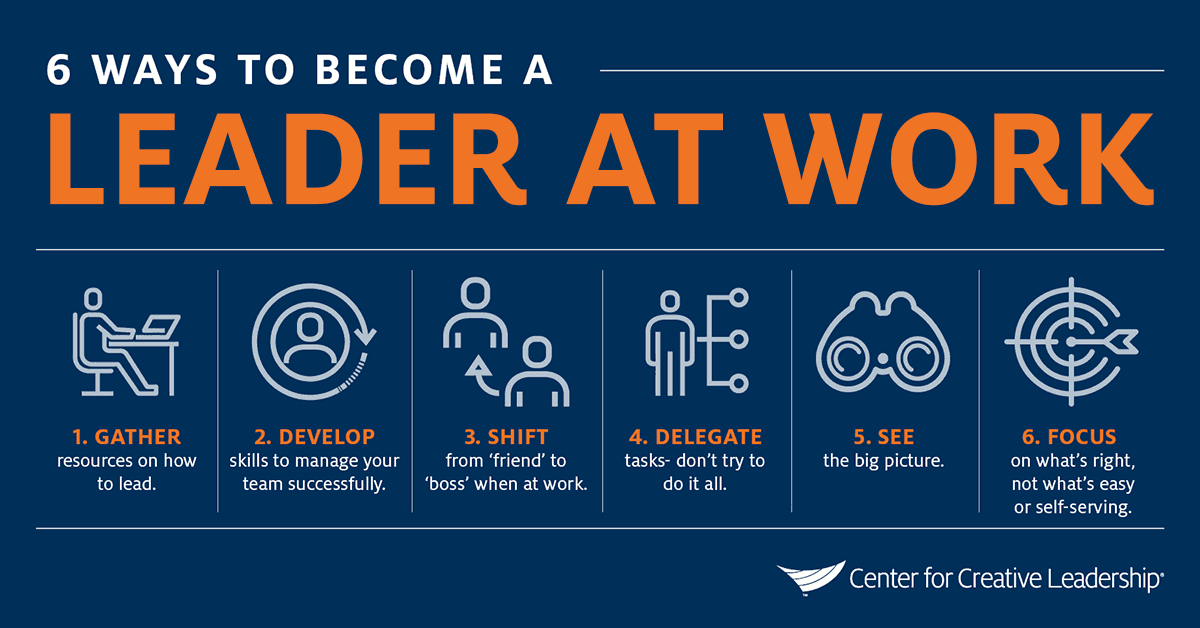
:max_bytes(150000):strip_icc()/top-leadership-skills-2063782_final-5b3e6be646e0fb0036272f42-5bbf7e0246e0fb0026d6416a.png)

